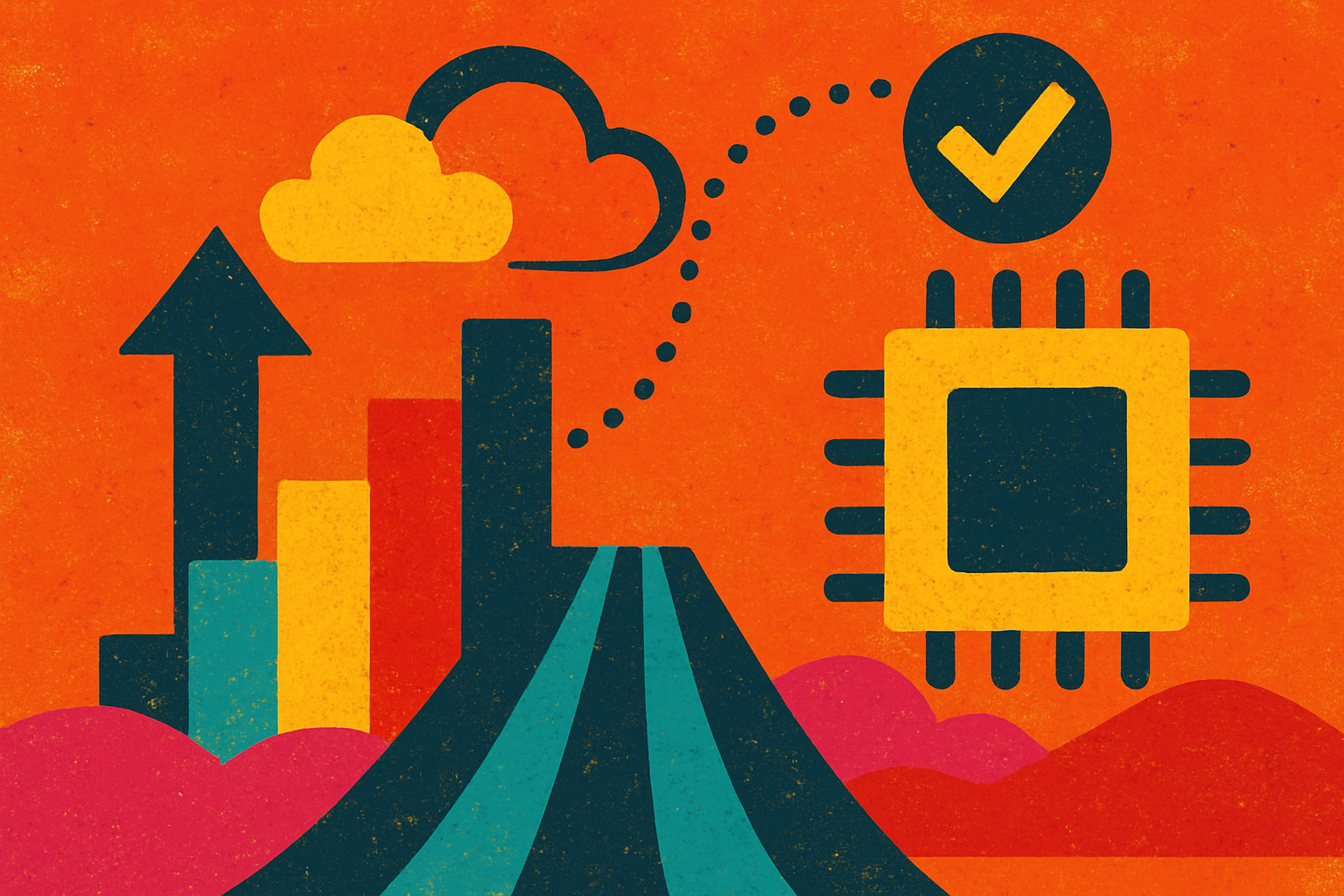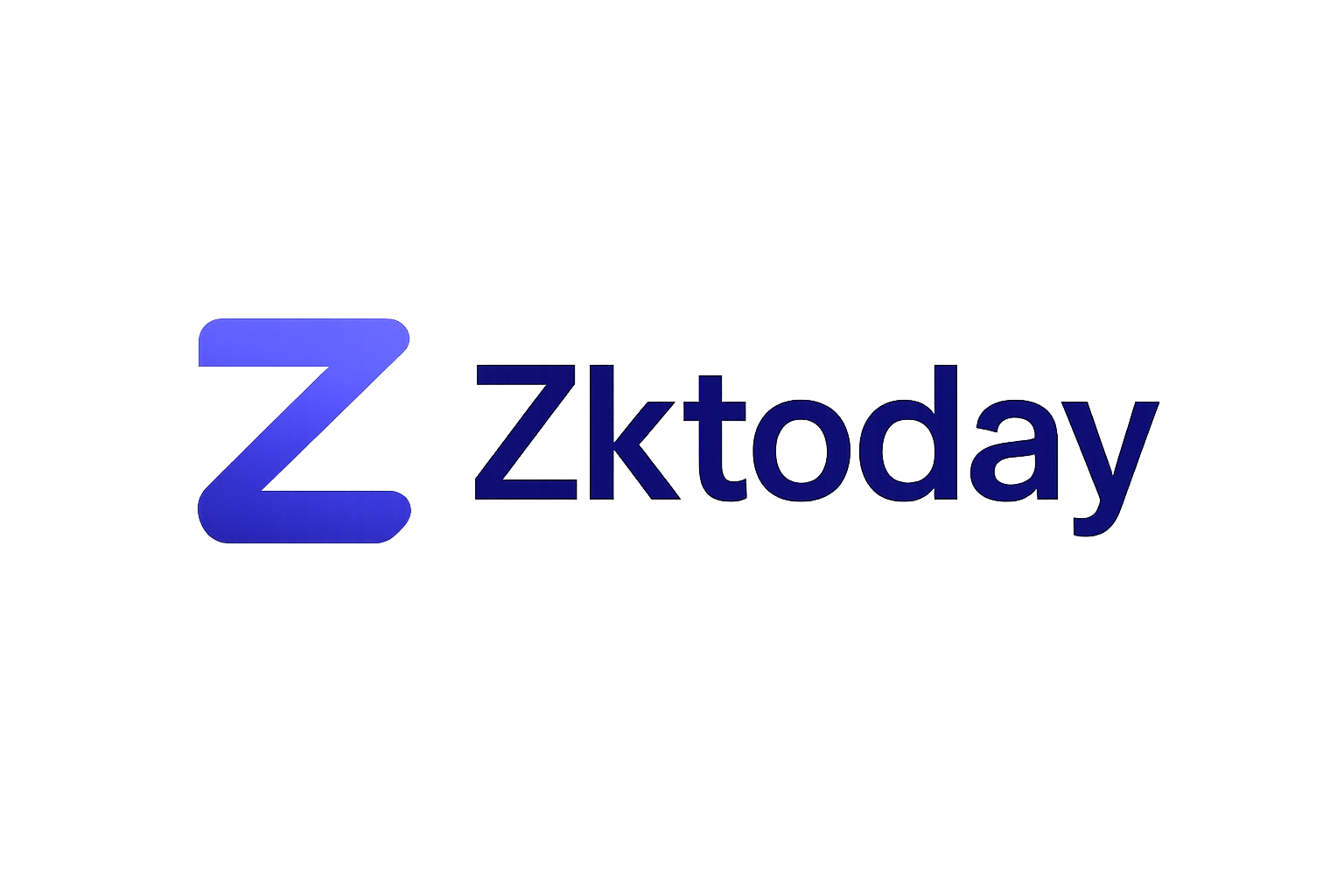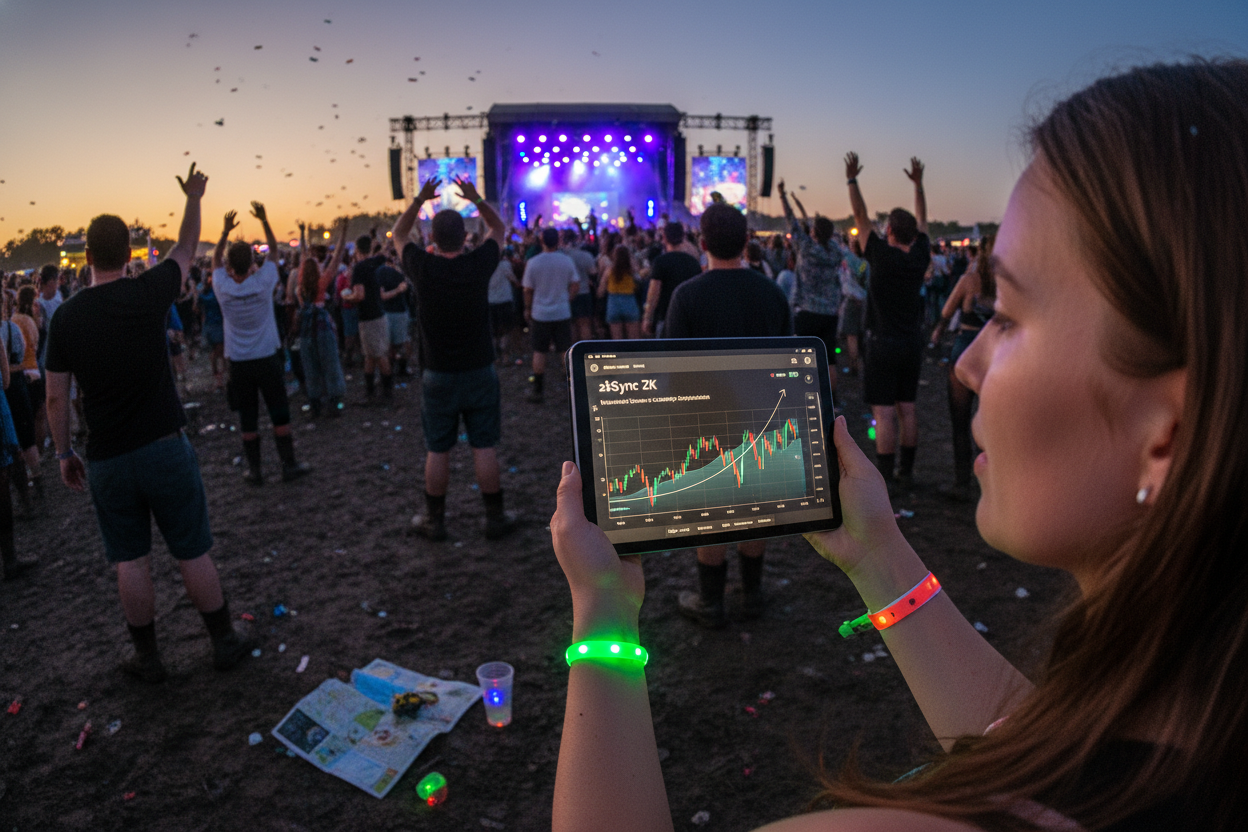
Zero-Knowledge (ZK) rollups have rapidly become the backbone of Ethereum’s scalability roadmap, offering a unique blend of high throughput, low costs, and uncompromising security. In 2025, they are not just a technical curiosity but the default choice for projects seeking fast finality and robust trust guarantees. But how do ZK rollups deliver near-instant transaction finality without exposing users to new attack vectors or centralization risks?

Why Fast Finality Matters in Blockchain Scaling
Finality defines when a blockchain transaction is considered irreversible. For users and dapps, faster finality means reduced risk of chain reorganizations, seamless user experience, and greater composability across DeFi protocols. Traditional Layer 1 blockchains like Ethereum can take several minutes to confirm a transaction with economic certainty. Optimistic rollups, while cheaper and more scalable than Layer 1, still require a week-long challenge window for withdrawals due to their fraud-proof model.
ZK rollups flip this paradigm by leveraging zero-knowledge proofs. Once a batch’s cryptographic proof is verified on-chain, all included transactions are finalized immediately, no waiting period or dispute window required. This is the foundation of the zk rollups fast finality advantage.
The ZK Rollup Architecture: Security Without Compromise
The core innovation behind ZK rollup security in 2025 is the use of succinct validity proofs (typically zk-SNARKs or zk-STARKs). Here’s how the process unfolds:
- Transaction Aggregation: Dozens or hundreds of user transactions are processed off-chain by the rollup operator.
- Proof Generation: A zero-knowledge proof is constructed that mathematically attests to the correctness of every state transition in the batch, without revealing sensitive data.
- On-Chain Verification: The proof (often just a few hundred bytes) is submitted to Ethereum’s mainnet smart contract. The contract verifies it in seconds, updating the canonical chain state if valid.
This approach eliminates reliance on honest majority assumptions or game-theoretic incentives required by optimistic rollups. If an invalid state transition sneaks into the batch, it will cause proof verification to fail, ensuring no fraudulent updates can ever be finalized.
ZK Rollup Finality Times: Current Benchmarks and Roadmap
The market has seen impressive progress in reducing proof generation latency, the only real bottleneck for instant finality. As of late 2025:
- zkSync Era: ~2 hours from transaction submission to mainnet finalization
- Linea: ~3 hours
- Starknet: ~8 hours (with ongoing improvements)
This is already orders of magnitude faster than optimistic rollup withdrawal windows. However, Ethereum’s developer community isn’t stopping here. Vitalik Buterin’s latest roadmap emphasizes single-slot finality, targeting sub-minute confirmation times while retaining all existing cryptographic guarantees.
If you want an even deeper dive into how these innovations translate into ultra-low fees and near-instant settlement for end-users, check out our detailed resource at How ZK Rollups Enable Near-Instant Finality and Ultra-Low Fees for Blockchain Scalability in 2025.
Importantly, these finality benchmarks reflect the time needed to generate and submit a single batch proof, not the time for individual user transactions. With rollup operators batching transactions continuously, most users now experience practical settlement within minutes, an enormous leap forward from the days of hour-long or multi-day waits. As proof generation hardware and algorithms improve, we expect average confirmation times to drop even further, aligning with Ethereum’s push for single-slot finality.
Another key security factor is that ZK rollups never compromise on data availability. Every state transition is backed by a proof that must be accepted by Ethereum’s mainnet contract. There is no trust assumption on off-chain actors, if a rollup operator attempts to submit an invalid batch, the cryptographic proof will fail verification, halting the process before any harm can occur. This approach ensures zk rollup security 2025 standards are not only met but exceeded compared to prior scaling solutions.
Zero-Knowledge vs. Optimistic Rollups: The Dispute Window Eliminated
The zero knowledge rollup vs optimistic rollup debate often centers on finality and dispute resolution. Optimistic rollups rely on a week-long challenge window where anyone can submit a fraud proof if they detect an invalid transaction. This model works but introduces latency and user uncertainty, funds are effectively locked during this period.
ZK rollups eliminate this friction entirely because their validity proofs are deterministic and verifiable instantly by Ethereum contracts. There is no zk rollup dispute window; once the proof passes, finality is absolute. This property dramatically enhances composability across DeFi protocols, enables faster cross-chain bridging, and reduces capital inefficiency associated with withdrawal delays.
The cryptographic backbone of ZK rollups, succinct non-interactive arguments of knowledge (SNARKs) or scalable transparent arguments of knowledge (STARKs): has matured rapidly since 2023. These innovations allow proofs to remain tiny even as transaction volume scales up, enabling efficient on-chain verification without bloating gas costs or sacrificing throughput.
What’s Next for ZK Rollups? Road to Sub-Second Finality
The next wave of zero-knowledge research focuses on both hardware acceleration (e. g. , GPUs/ASICs dedicated to proof generation) and protocol-level optimizations like recursive proofs and parallelized circuits. These advances aim to shrink batch confirmation times from hours to seconds without undermining trust assumptions or increasing centralization risk.
As Ethereum upgrades its consensus layer (with features like single-slot finality), expect ZK rollups to inherit these improvements almost immediately, potentially achieving sub-second settlement for millions of users worldwide. The future of blockchain scaling will be defined by these cryptographic breakthroughs rather than incremental tweaks to existing models.
ZK rollups are already redefining what’s possible in decentralized finance and beyond: near-instant settlement, robust data privacy, uncompromising security, all delivered at a fraction of legacy costs. As research accelerates toward sub-minute or even sub-second confirmation times in 2025 and beyond, expect ZK technology to remain at the center of blockchain innovation.







